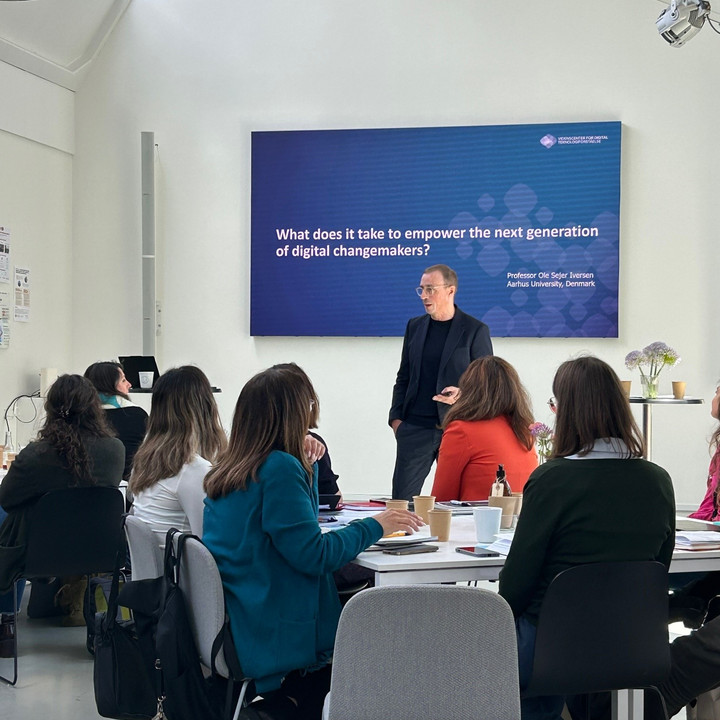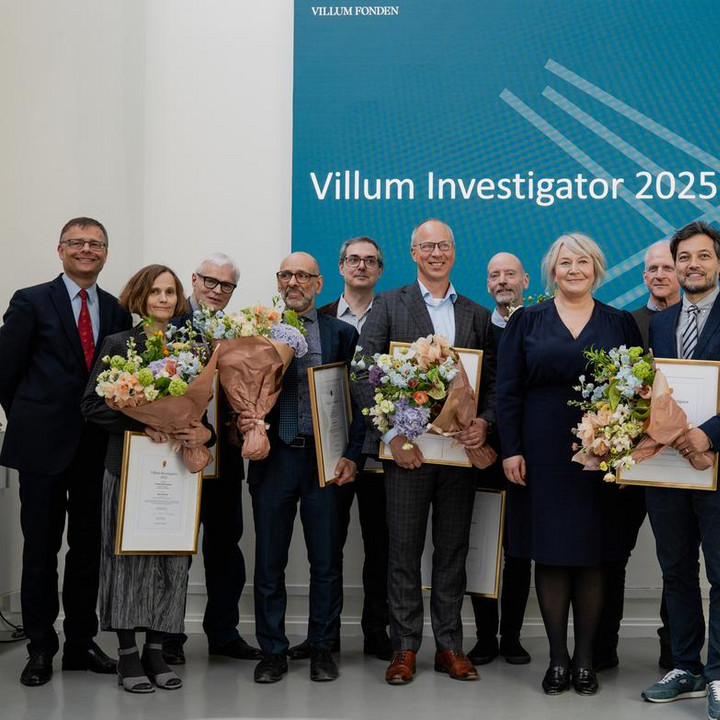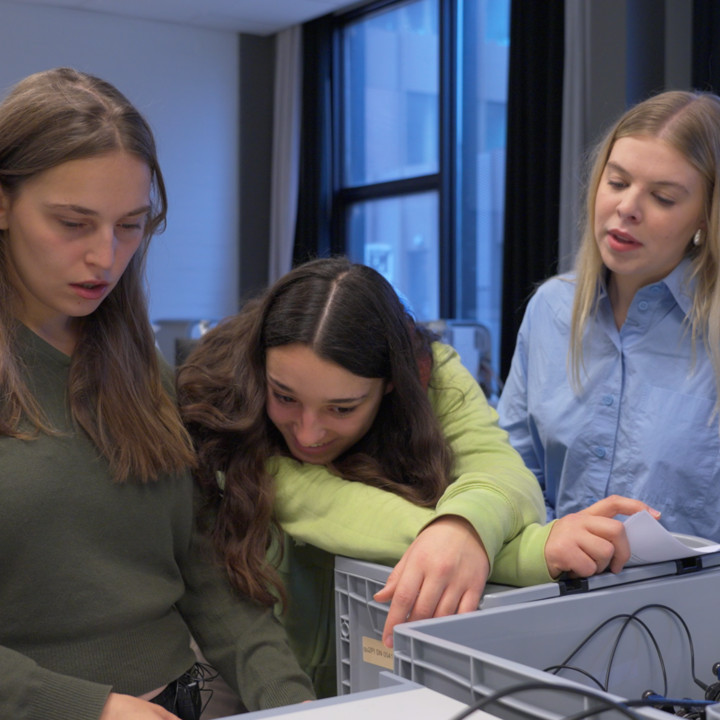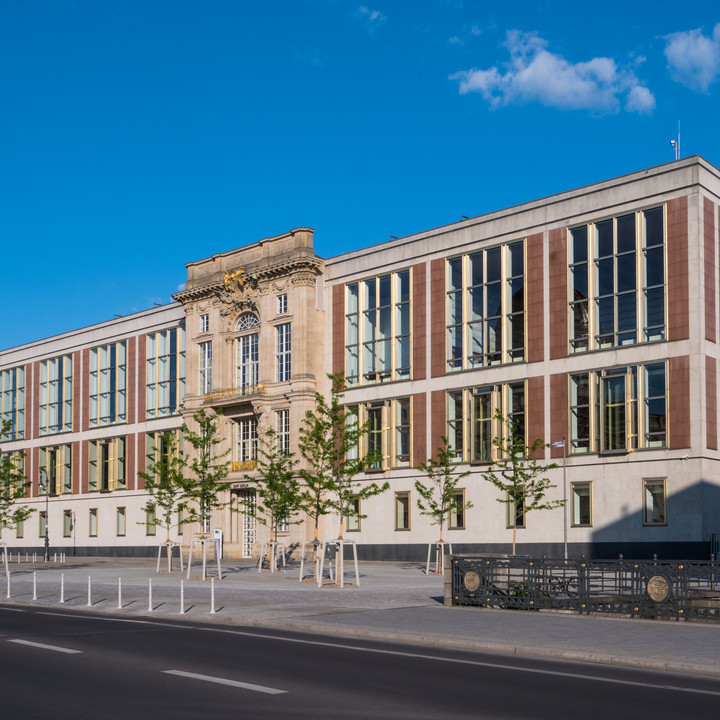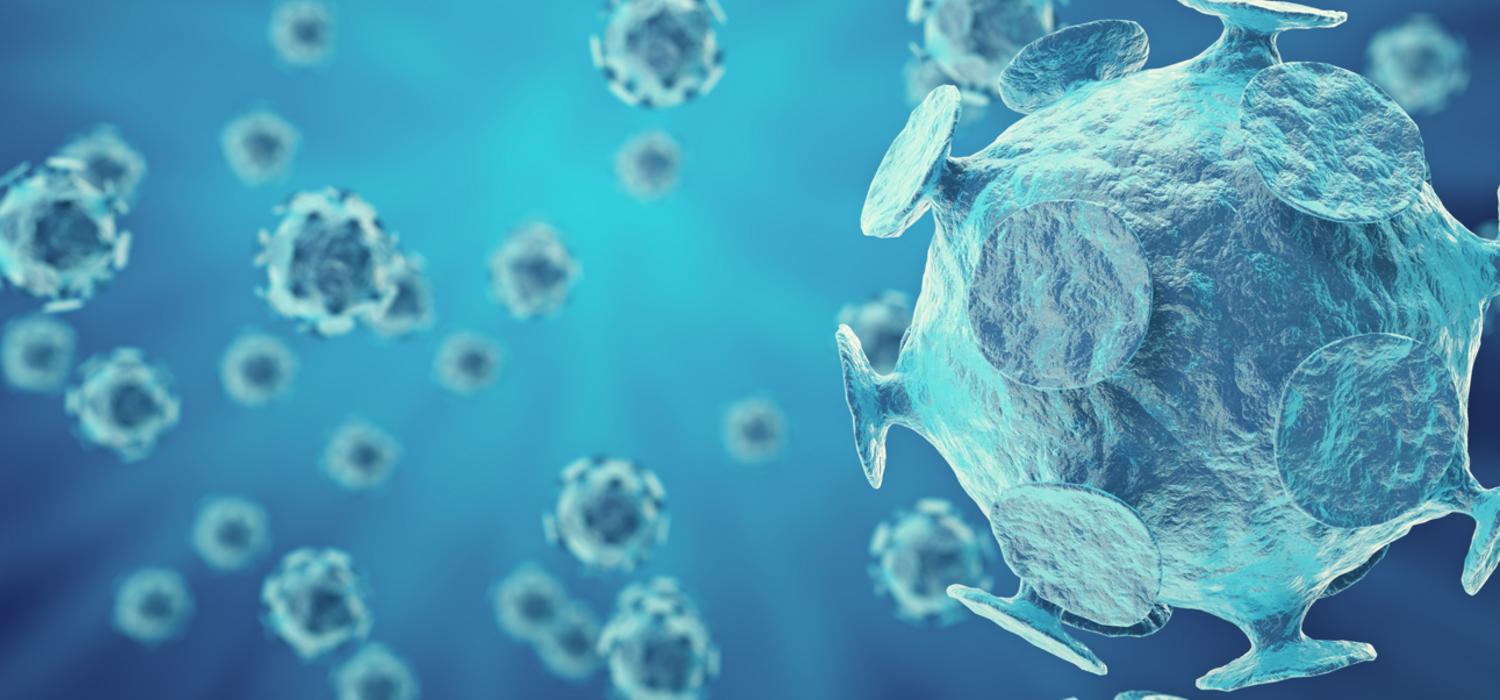
Soft matter physics approaches to investigate sustainable protein-based amyloid fibrils and their culinary applications
Project description
The goal of this project is to improve the sustainability of our food while preserving its deliciousness. To achieve this, the project will delve into the realm of proteins, a fundamental building block of our foods. In the quest for a more sustainable food system, there is a growing consensus that we should shift from animal-based proteins to plant-based ones. However, plant-based proteins often present challenges in terms of achieving the desired food properties that we all enjoy, particularly in terms of textural properties. This is where amyloid fibrils come into play. Amyloid fibrils are proteins that twist into unique shapes, that change the properties of the proteins. This project is about turning sustainable food proteins into amyloid fibrils, with the aim of enhancing the culinary qualities of sustainable foods. The project begins with an investigation of milk proteins, which already have shown their ability to form amyloid fibrils, which even have led to the creation of unique liquid crystals – a special state of matter that has properties of both liquids and solid crystals. While liquid crystals have found applications in other fields, their potential in food science is largely unexplored. As liquid crystals have unique textural properties, I believe that understanding these unique properties in the context of food could unlock new culinary innovations with improved texture. Importantly, this project challenges the current idea of only considering plant-based proteins as sustainable sources. Recently, it has been suggested to utilize jellyfish proteins as a sustainable food source. Therefore, I will explore jellyfish proteins as amyloid structures as well. If successful, this can potentially open new exciting possibilities for novel sustainable and culinary food in the future.
